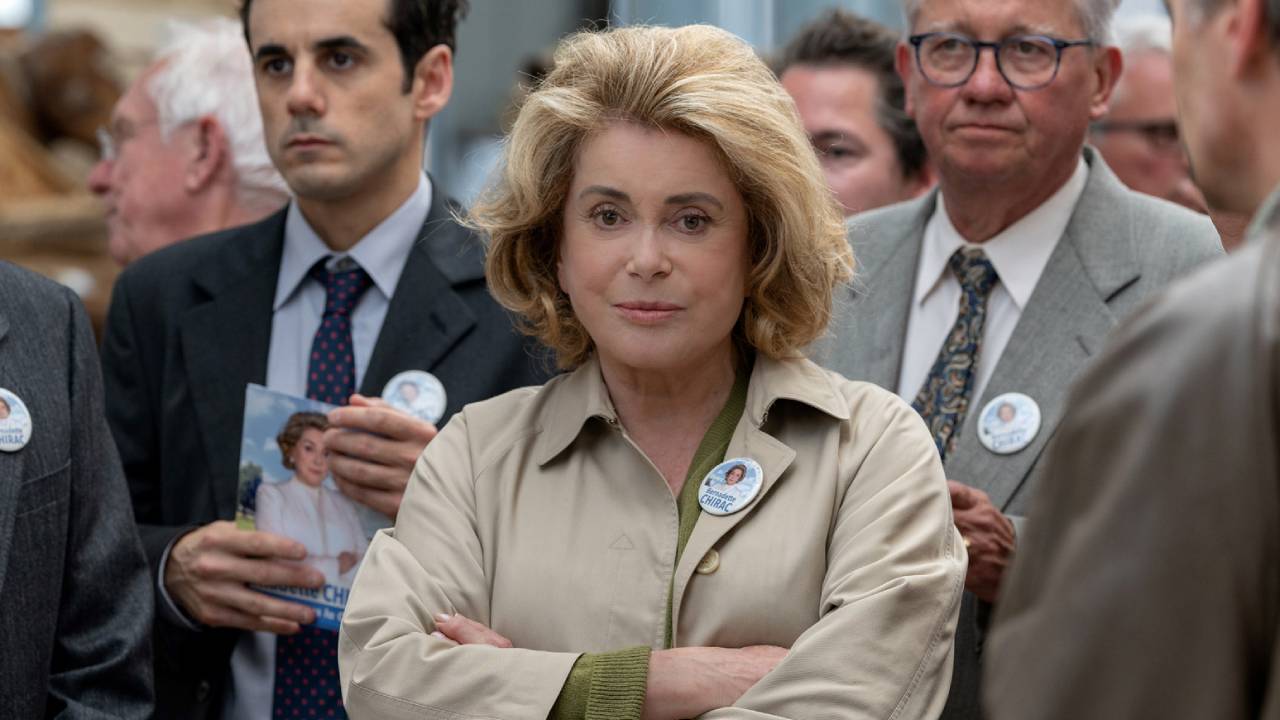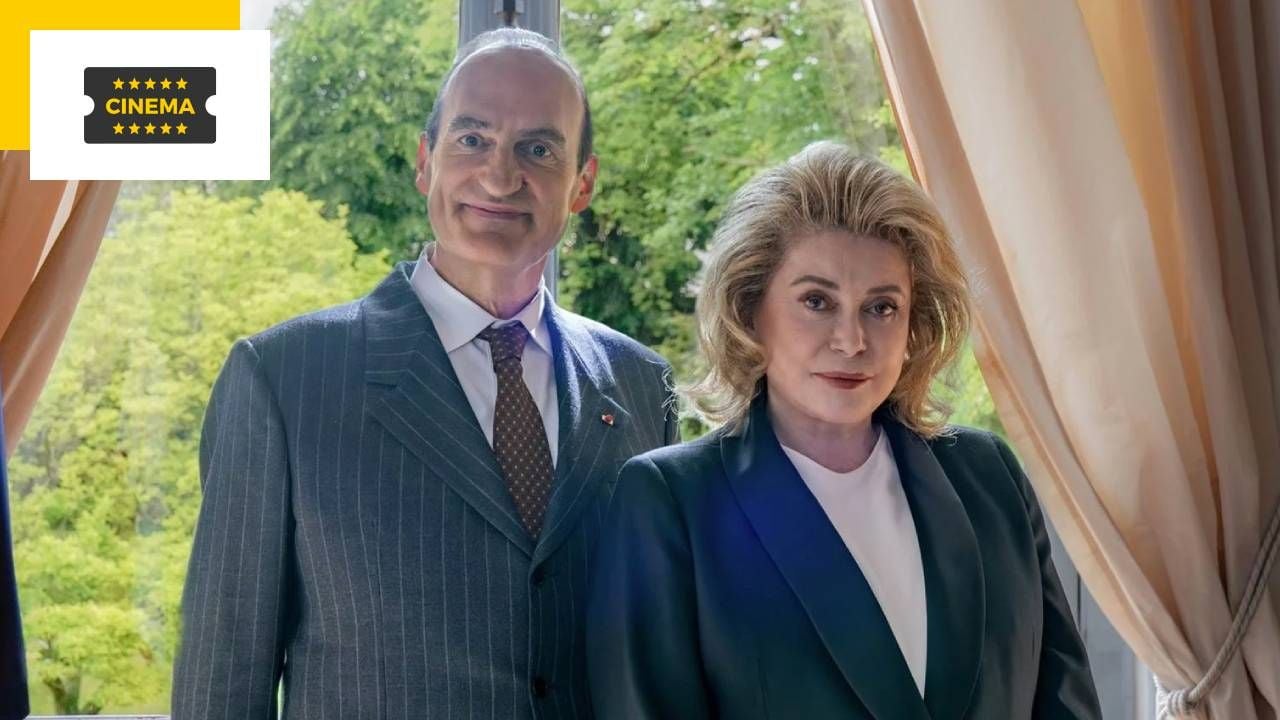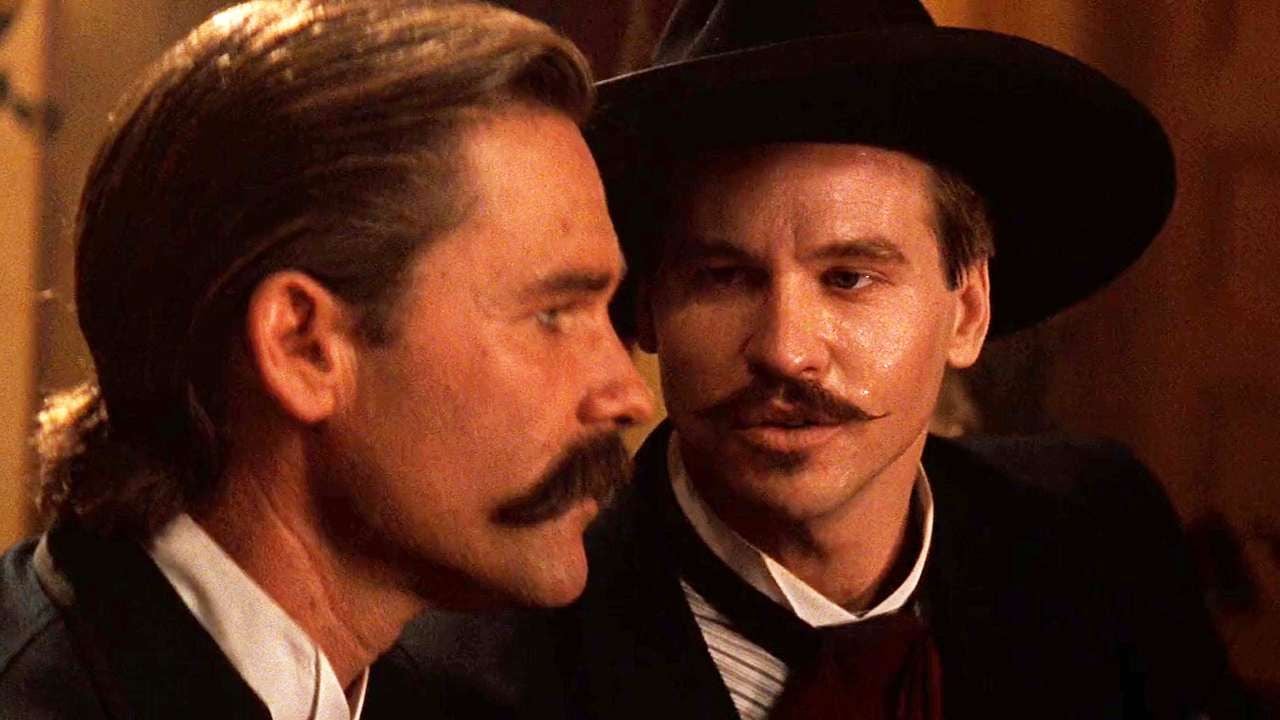What is it about? When she arrives at the Élysée, Bernadette Chirac expects to finally take the place she deserves, one who has always worked in her husband’s shadow to become president. Abandoned because she was considered too old-fashioned, Bernadette then decided to take revenge and became an important media figure.
Opinion of the Chirac family
The production did not need the authorization of the Chirac family for this film, which remains fiction, even if it is based on real and public facts. In addition, director Leah Domenach wanted to be completely free when writing: “I hope the Chirac family will go see the film and enjoy this tribute to Bernadette Chirac.”
on the pages of the magazine Paris matchClaude Chirac expressed his displeasure with the project in June 2022. She felt that she or her mother should have been counselled.
Genesis
Lea Domenach knows Jacques Chirac well because her father, political journalist Nicolas Domenach, is a specialist on the former president. But his wife was much less familiar to him and had a rather negative opinion of him until he discovered the documentary Bernadette Chirac, Memory of a Free Womanby Anna Barrer, who was her communications advisor.
The director recalls: “I was surprised by his freedom of speech, one who was then 80 years old … I found him funny and liberated, very far from the idea I could have and, above all, a career that was worth talking about.”
Catherine Deneuve
Léa Domenac immediately thought of Catherine Deneuve to play Bernadette Chirac, but she abandoned the idea during writing to concentrate on the characters. A few years later, as soon as he finished the script, he was given the opportunity to read it to the actor, who was initially surprised by the sentence: “My first reaction was ‘What? Bernadette Chirac?…” I’m not interested in biographies.” But he was seduced by the scenario that made him laugh.
The director recalls: “We met and talked a lot about the script, about my vision for the film… and to my greatest happiness, he decided to trust me. Then, before shooting, we read a lot and I discovered that Catherine Deneuve has a “whole” concept of cinema. For example, she watched all the rushes and He talked to me about them, not just to see his work, but to present the film as a whole!”
Listen to our interview with Leah Domenach, director of Bernadette*:
Women’s history
Although she is not of the same generation or background and does not share the same political side as Bernadette Chirac, the director saw a certain universality in her story. According to him, his life “It’s like a lot of women who are just as educated as their husbands and end up stepping back to make room for them.”
That’s why he decided to take revenge on his journey: “Then I told myself that his story could really speak to everyone and if I decided to make it a feature, rather a comedy, I would reach a wider audience. I would also love to write the main role that was intended. Women over 50, because they still only make up 7% of the faces we see in cinema.”
He adds: “Bernadette Chirac affirmed a certain feminism that is not the same as mine, but I wanted my film to speak to several generations and reach as wide an audience as possible. Bernadette, it’s a woman’s point of view, a story that everyone knows, it’s a way to look at the big tells the story to the little one”.

Good satire
The director chose to tell the story of Bernadette Chirac through comedy, because the former first lady “He’s a funny man and we couldn’t miss that.”
Humor allowed us to distance ourselves when conveying messages: “Bernadette is a kind of good-natured satire that does not aim to make fun of its characters. The tone is a fable, reinforced by this idea of a team that accompanies Bernadette Chirac and respects her religious side. I believe that the bet is also successful thanks to the choice of actors who are suited to comedy. , without being associated with this genre. They portray their characters with humor and show a certain tenderness towards them.”
* Commentary collected by Vincent Formica, recorded and edited by Chanel Morvan
Source: Allocine
Rose James is a Gossipify movie and series reviewer known for her in-depth analysis and unique perspective on the latest releases. With a background in film studies, she provides engaging and informative reviews, and keeps readers up to date with industry trends and emerging talents.








